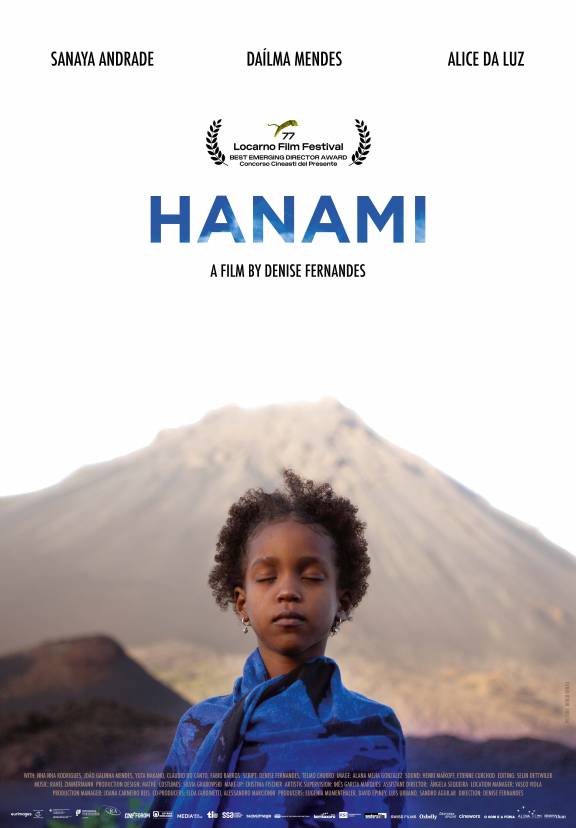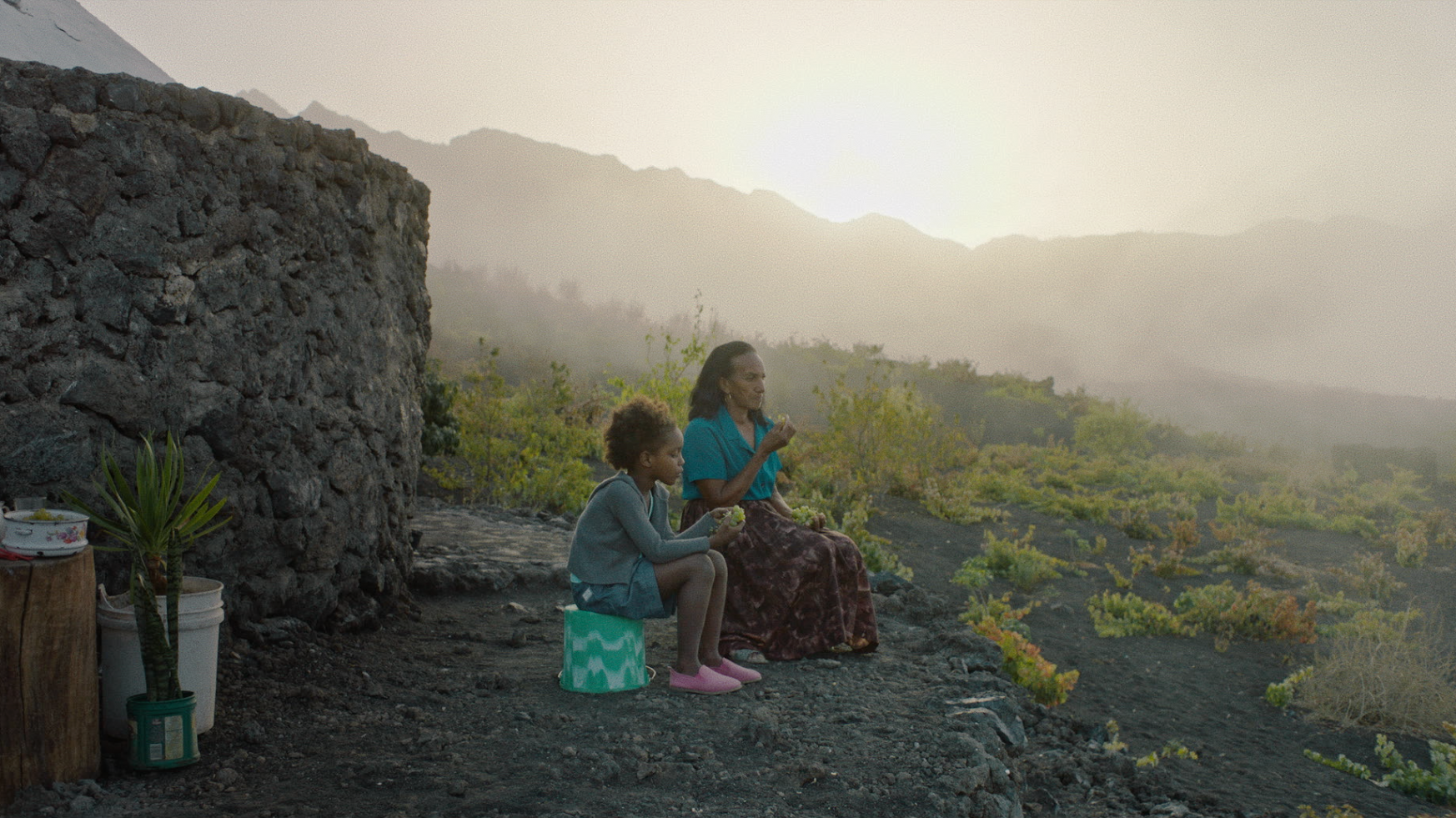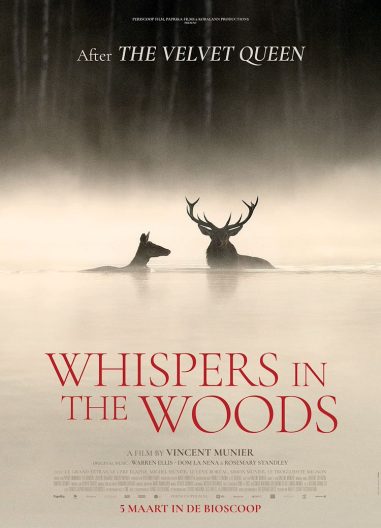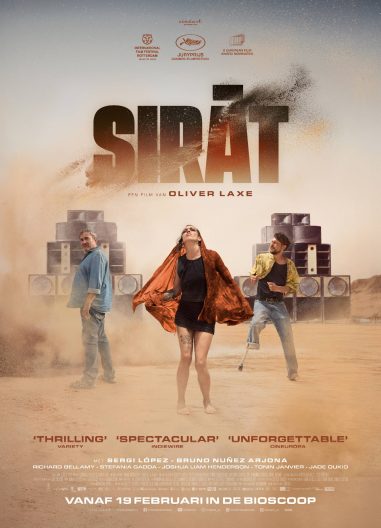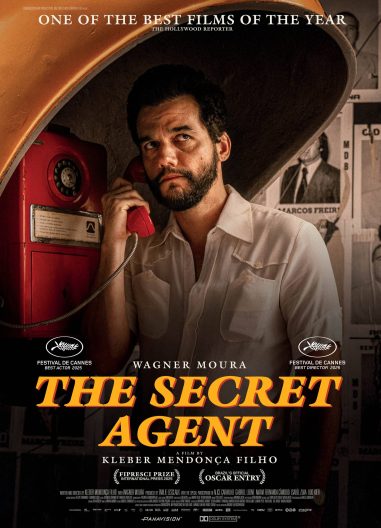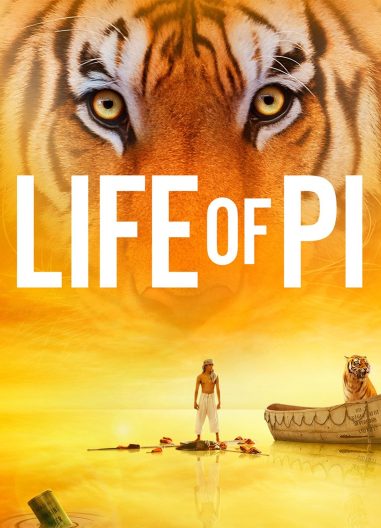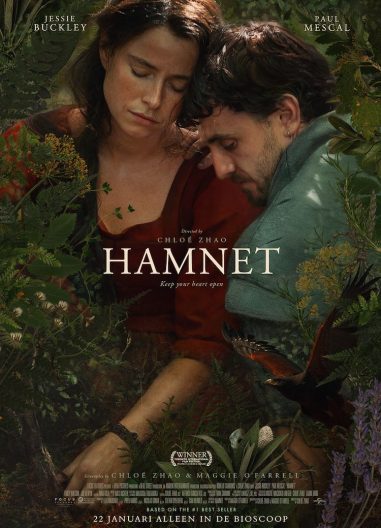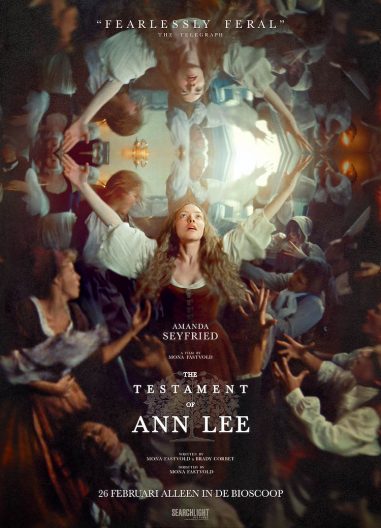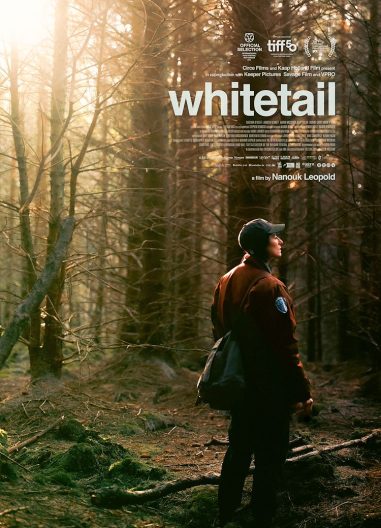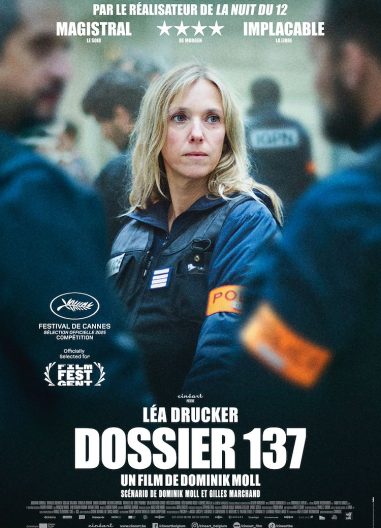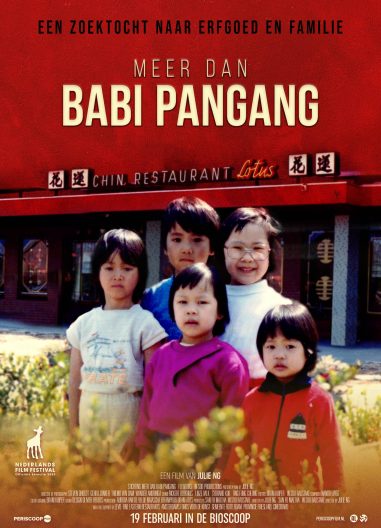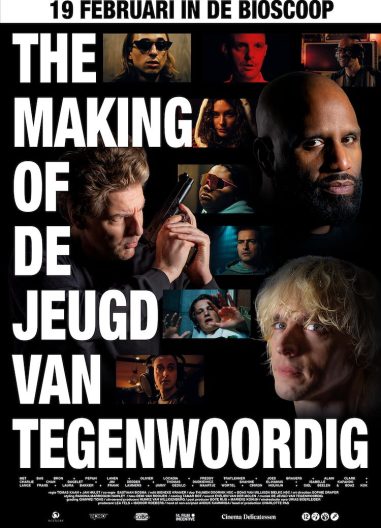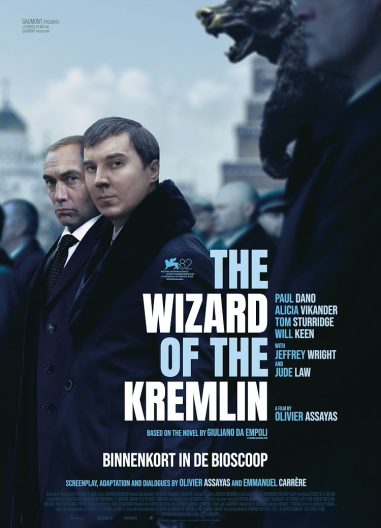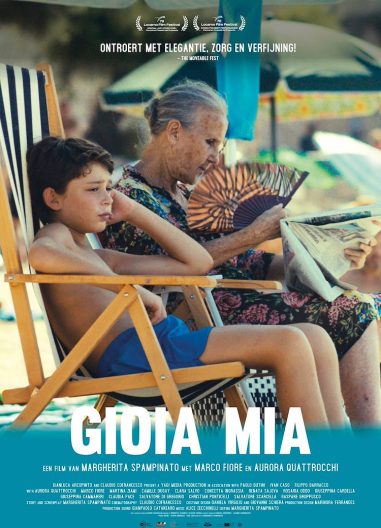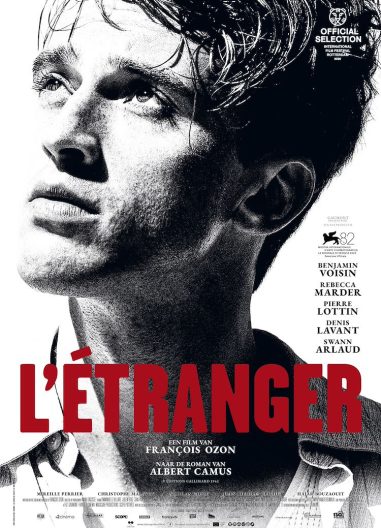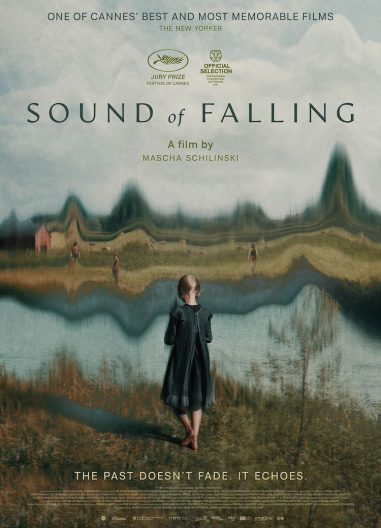IFFR x LV: 50 years independence Cabo Verde
An afternoon of film focused on our pride, our joys and our own imaginaries throughout the decades past and the decades to come, from the lens of women directors building the cinematic canon of Cape Verdean cinema, presented by curator Janilda Bartolomeu.
With an introduction by Janilda Bartolomeu and after the screening director Denise Fernandes be digitally present for a Q&A.
Hanami (2024), Denise Fernandes, 96 min.
The programme is centred around Denise Fernandes’ film Hanami, which had its world première at Locarno Film Festival 2024, and which she received the Best Emerging Director Award for.
The film has not had a Dutch première yet, an honour this programme will be able to provide. As Hanami is a genuine, cinematic testament of the imaginaries blooming from, not only from the current wave of Cape Verdean filmmakers, but the younger generations of Cape Verdeans across the diaspora.
Hanami is set on the harsh yet tender landscape of Fogo island, and poetically depicts Cabo Verde’s culture of departures- in which dogged postcolonial and local imaginaries uphold the belief that one has to leave the islands in order to live a good and successful life. Our protagonist Nana is forced to stay close to the foot of Fogo’s volcano for her well-being. Through her mysterious condition, she embarks on a coming-of-age journey and learns how to dream differently.
Cap-Vert, Un Carnaval Dans Le Sahel (1979), Sarah Maldoror, 28 min.
Hanami will be preceded by Cape-Vert, Un Carnaval Dans Le Sahel, a short documentary by Sarah Maldoror, who is widely considered to be the first Black woman to make cinema in Africa.
This film, along with the two other shorts in the series, is considered one of the first depictions of Cape Verdeans during their first years of independence. The creation of this Carnaval-trilogy was supported by the archipelago’s first, and revolutionary, PAIGC government. The film focuses on the disruptive significance carnaval has for the Cape Verdean people, as a means of resistance against the imposed values of colonialism and racism.
Through its textural and colourful depictions of the festival’s preparations, Cape-Vert, Un Carnaval Dans Le Sahel, gives us a glimpse into the newly independent Cape Verdean people’s joy, inventiveness, and resistance. A cinematic representation of newly independent peoples’ imaginaries, self-image and ideas of future progress.
Kies tijdstip
- filmspecial
An afternoon of film focused on our pride, our joys and our own imaginaries throughout the decades past and the decades to come, from the lens of women directors building the cinematic canon of Cape Verdean cinema, presented by curator Janilda Bartolomeu.
With an introduction by Janilda Bartolomeu and after the screening director Denise Fernandes be digitally present for a Q&A.
Hanami (2024), Denise Fernandes, 96 min.
The programme is centred around Denise Fernandes’ film Hanami, which had its world première at Locarno Film Festival 2024, and which she received the Best Emerging Director Award for.
The film has not had a Dutch première yet, an honour this programme will be able to provide. As Hanami is a genuine, cinematic testament of the imaginaries blooming from, not only from the current wave of Cape Verdean filmmakers, but the younger generations of Cape Verdeans across the diaspora.
Hanami is set on the harsh yet tender landscape of Fogo island, and poetically depicts Cabo Verde’s culture of departures- in which dogged postcolonial and local imaginaries uphold the belief that one has to leave the islands in order to live a good and successful life. Our protagonist Nana is forced to stay close to the foot of Fogo’s volcano for her well-being. Through her mysterious condition, she embarks on a coming-of-age journey and learns how to dream differently.
Cap-Vert, Un Carnaval Dans Le Sahel (1979), Sarah Maldoror, 28 min.
Hanami will be preceded by Cape-Vert, Un Carnaval Dans Le Sahel, a short documentary by Sarah Maldoror, who is widely considered to be the first Black woman to make cinema in Africa.
This film, along with the two other shorts in the series, is considered one of the first depictions of Cape Verdeans during their first years of independence. The creation of this Carnaval-trilogy was supported by the archipelago’s first, and revolutionary, PAIGC government. The film focuses on the disruptive significance carnaval has for the Cape Verdean people, as a means of resistance against the imposed values of colonialism and racism.
Through its textural and colourful depictions of the festival’s preparations, Cape-Vert, Un Carnaval Dans Le Sahel, gives us a glimpse into the newly independent Cape Verdean people’s joy, inventiveness, and resistance. A cinematic representation of newly independent peoples’ imaginaries, self-image and ideas of future progress.
